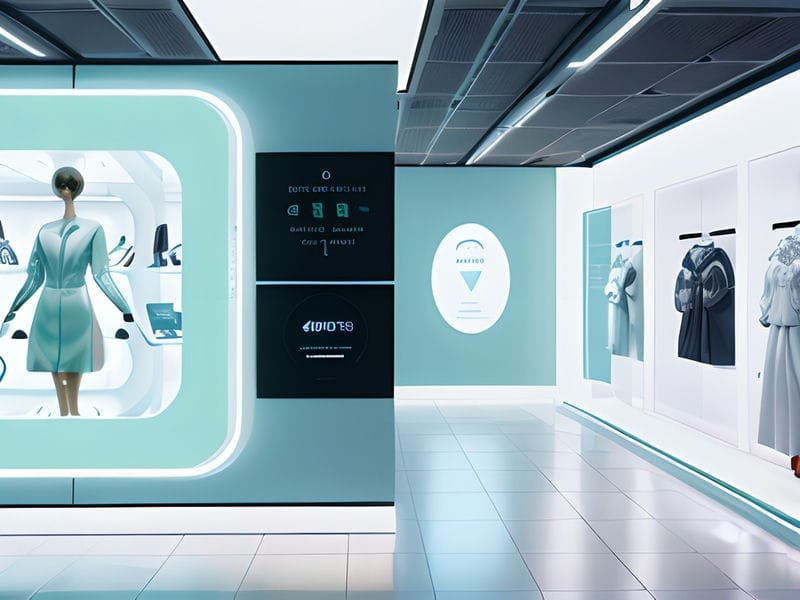
How to Embrace Technology in Sustainable Fashion Choices
Overview of how technology is being used in the fashion industry to reduce waste and pollution.
Technology is playing a crucial role in revolutionizing the fashion industry and promoting sustainability. With advancements in materials, production methods, and supply chain management, technology is helping brands make more eco-friendly choices and reduce their environmental impact.
One way technology is being used to innovate sustainable fashion choices is through the development of new materials.
How to Embrace Technology in Sustainable Fashion Choices - Regular price
- Linen Lace
- Pants Cacao
- fashion
In addition to materials, technology is also improving the efficiency of production processes in the fashion industry. Automated manufacturing techniques are reducing energy consumption and water usage, while 3D printing allows for more precise and customized production with minimal waste. Supply chain management systems powered by artificial intelligence are optimizing logistics and reducing carbon emissions by streamlining transportation routes.
Furthermore, technology is enabling greater transparency in the fashion industry, allowing consumers to make more informed purchasing decisions. Blockchain technology, for example, can track the entire lifecycle of a garment from raw material sourcing to final sale, ensuring ethical practices at every step. Natural dyes are used to avoid harmful chemicals The Role of Technology in Sustainable Fashion B Corp Certification. Secondhand shopping is eco-friendly Ethical and Eco-Friendly Clothing Ellen MacArthur Foundation. Virtual reality applications are also enhancing the shopping experience by allowing customers to visualize how clothing will fit before making a purchase.
By embracing these technological innovations, brands can not only meet consumer demand for sustainable products but also drive positive change within the industry as a whole. As we continue to push boundaries and explore new possibilities, technology will undoubtedly play a key role in shaping a more sustainable future for fashion.










